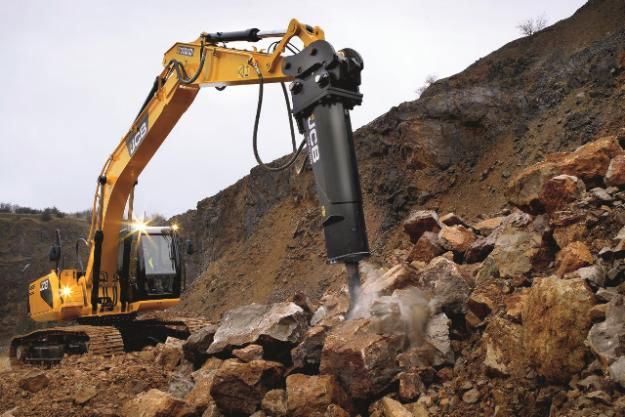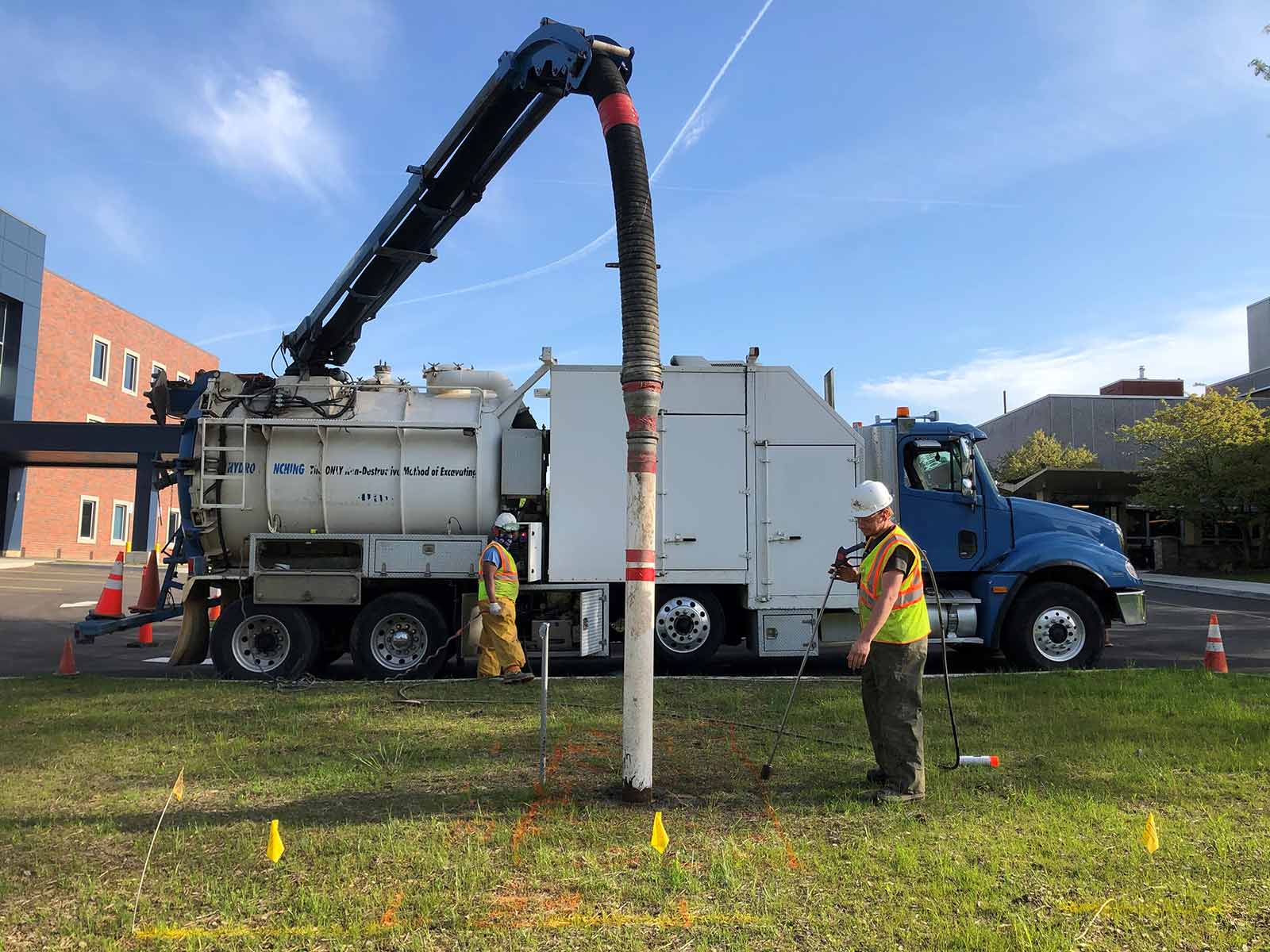Budget-friendly Lancaster Excavation - High Quality Excavation at Competitive Costs
Comprehensive Excavation Strategies: Understanding the Principles for Success
In the realm of building and civil engineering, the relevance of reliable excavation approaches can not be overemphasized. The mindful preparation, precise execution, and thorough focus to information required in excavation jobs require a detailed strategy that encompasses various essential aspects. From first dirt evaluation to the execution of precaution and routine progression monitoring, mastering these core components is vital for achieving success in any excavation venture. Nevertheless, truth proficiency exists not just in recognizing these fundamentals but in seamlessly integrating them to navigate the intricacies of excavation tasks with finesse.
Recognizing Excavation Job Planning

The preliminary stage of any type of excavation project is the preparation stage, where essential decisions are made that can dramatically impact the result of the job. Recognizing the task timeline, extent, and budget restrictions is important for producing an extensive excavation plan that makes sure the task's success.
One trick aspect of excavation job preparation is the growth of a thorough timeline that outlines the sequence of milestones, deadlines, and tasks. This timeline functions as a roadmap for the job group, enabling them to track development and make needed changes to make certain the task remains on timetable. In addition, a well-defined budget that accounts for all costs, including devices service, labor costs, and materials, is essential for staying clear of expense overruns and hold-ups. By meticulously thinking about all these elements during the preparation phase, excavation tasks can be performed efficiently and effectively, bring about successful results.
Soil Evaluation and Site Evaluation
Carrying out detailed dirt analysis and website evaluation is a critical action in the preparation stage of any type of excavation project. Soil analysis includes determining the structure, structure, and buildings of the soil at the excavation website. This info is important for recognizing the soil's bearing capacity, dampness web content, and possibility for disintegration, which are essential consider determining the excavation techniques and devices needed for the project.
Website evaluation goes past dirt evaluation and encompasses a more comprehensive evaluation of the total website problems. This assessment includes recognizing any kind of possible hazards, such as underground energies, ecological worries, or unstable surface, that might influence the excavation process. By thoroughly reviewing the site, task supervisors can create reliable excavation methods that prioritize safety and security, performance, and environmental management.
Utilizing sophisticated innovations like ground-penetrating radar, dirt sampling, and drone surveys can boost the accuracy and effectiveness of dirt evaluation and website analysis. Investing time and sources in these preliminary steps can inevitably save time and stop pricey delays or complications throughout the excavation process.
Equipment Selection and Utilization
Reliable excavation projects count greatly on tactical devices option and use to guarantee optimal performance and efficiency. Selecting the appropriate tools for the work is vital in making the most of efficiency and minimizing downtime. Factors such as the sort of dirt, depth of excavation, and task scope play a considerable function in establishing one of the most suitable equipment for the job available.

In enhancement to picking the suitable tools, proper application is crucial to job success. Operators should be trained to manage the devices securely and successfully - septic ohio. Routine maintenance checks and prompt repair services aid prevent malfunctions and make certain regular efficiency throughout the task
Precaution and Rules Compliance
In the world of excavation tasks, prioritizing precaution and compliance with policies is paramount to making certain a legally audio and protected operational setting. Precaution encompass a series of techniques, consisting of carrying out thorough website assessments, executing correct signage and barriers, and giving adequate safety training for all workers associated with the excavation procedure. Adherence to guidelines, such as OSHA demands in the USA, guarantees that the excavation project meets the necessary standards to shield workers, bystanders, and the surrounding environment.

Surveillance Progress and Adjusting Approaches
Exactly how can project supervisors successfully track the development of excavation jobs and adapt their approaches as necessary to optimize outcomes? Tracking development is crucial for making sure that excavation tasks stay on track and meet due dates. Project managers can make use of numerous devices and techniques to track progress, such as everyday report card, routine website assessments, and advanced tracking modern technologies like drones and general practitioners tracking systems. By continually keeping track of the task's development, managers can determine any kind of prospective delays or problems early and take aggressive procedures to resolve them.

Verdict
Finally, mastering the principles of extensive excavation approaches is necessary for the look at here now success of any type of project. By comprehending task planning, assessing soil and website problems, selecting proper tools, complying with safety regulations, and monitoring progress, task managers can make sure a smooth and efficient excavation procedure. Implementing these techniques will lead to successful end results and lessen prospective dangers or troubles throughout the excavation job.
The first stage of any kind of excavation project is the preparation stage, where important choices are made that can significantly affect the end result of the project. Comprehending the job extent, timeline, and spending plan restrictions is vital for developing a detailed excavation plan that makes sure the project's success.
Exactly how can predict managers successfully track the advancement of excavation tasks and adapt their approaches appropriately to maximize end results? By closely checking development and being ready to adjust strategies, job supervisors can improve the general success of excavation jobs.
By understanding task preparation, analyzing soil and site problems, important link picking appropriate equipment, conforming with security regulations, and monitoring progress, task managers can make sure a smooth and effective excavation process.